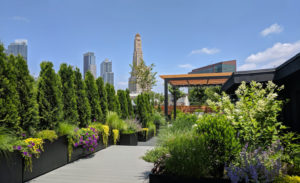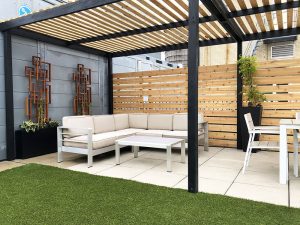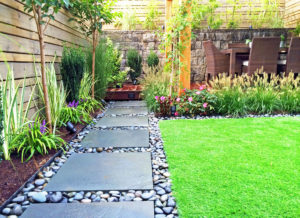
Last week, we discussed the joys and benefits of container gardening. This week, the focus shifts to what herbs to plant to create your own healing garden. This is just a glimpse into the very large field of herbalism. I focused on herbs and flowers that do reliably well here in New York, but there are hundreds more herbs, flowers, roots, stalks, and fruit that can be selected to cater to your personal needs. For this article, we’re going to be looking at two kinds of plants: annuals and perennials. Annual herbs are among the easiest to grow, but they live only one season before flowering and going to seed. Even though they love sun, most bloom more quickly as the weather becomes hot, so it is good to plant them early and to snip the flowers to prolong leaf production. Unlike perennial plants with their woody stems, annual herbs tend to need more water. Once these annuals bloom, they scatter seeds with abandon. The following year, you may get some growth from those seeds in and out of your pots, so hope for an extra crop, or plan for a ton of weeding. Hardy perennial herbs (as well as some shorter-lived biennials, which last only a couple of seasons) are more forgiving when it comes to water. Most of them reliably make it through winter in New York, depending on how harsh the season is. Certain valuable perennial herbs are too tender for cold winters, but can be brought indoors as houseplants and placed outside in spring. Here are a broad selection of some healing herbs and flowers:
 Basil:
Basil:
-Annual, start with seeds or transplants, takes full sun, craves hot weather, can grow in pots and be moved inside in winter
-When ingested, it acts a stimulant and nerve remedy. It helps relieve nausea and vomiting. It also helps with indegestion. Externally, it can be used against poisonous spider, snake, or scorpion bites.
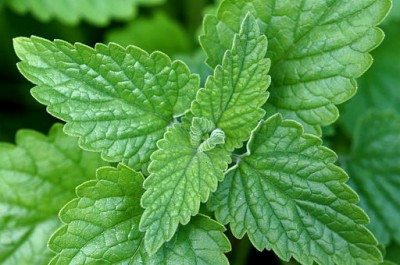
-Annual, start with seeds or transplants, can be grown inside or out in shade
-Besides making your cat high, catnip also has benefits for humans, especially babies and children. Catnip gives pain relief (especially those associated with digestion and menstruation), can cure hiccups, and eases stomach spasms and gas.

-annual, start with seeds or transplants, harvest in summer or fall, full sun
-Calendula contains natural chemicals that help stop bleeding and heal wounds. Also, the flowers have properties to promote general skin health, whether consumed or applied topically in salves. They can sooth sunburn, rashes, and insect bites.
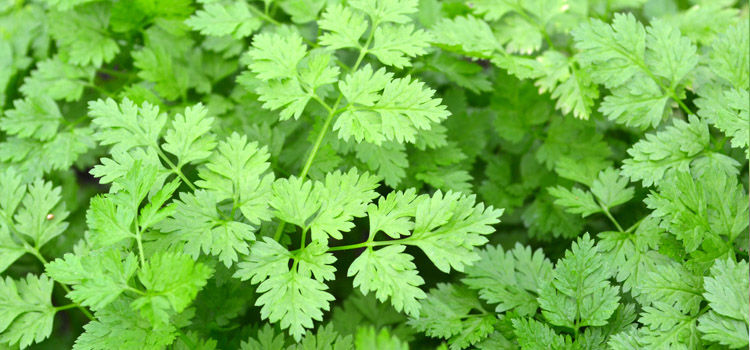
-Annual, start with seeds, partial sun
-The name coming from the greek, ‘to rejoice,” cervil has been used for centuries in cooking, particularly in France. It tones the whole body, especially the brain, and is a good digestive remedy. Chervil is also good for poor memory and mental depression. It sweetens the entire digestive system.

-Annual or perennial, start with seeds or transplants, harvest season is late summer, early fall. Chamomile does well in full sun to part shade, and when you walk on it, it releases a refreshing smell. It’ll keep green without watering, but can’t take as much wear.
-Soothing, cleansing and tonic properties, chamomile is used as a cure for insomnia and depression. It helps with relaxation and is a natural remedy for anxiety. It also can be used as a hair lotion and to heal inflamed gums.

-Annual, seeds or transplants, full sun
-Cilantro is a tonic for the stomach and has strengthening properties for the heart. It can cure chronic indigestion, pains of the stomach and bowels, and pains in childbirth.
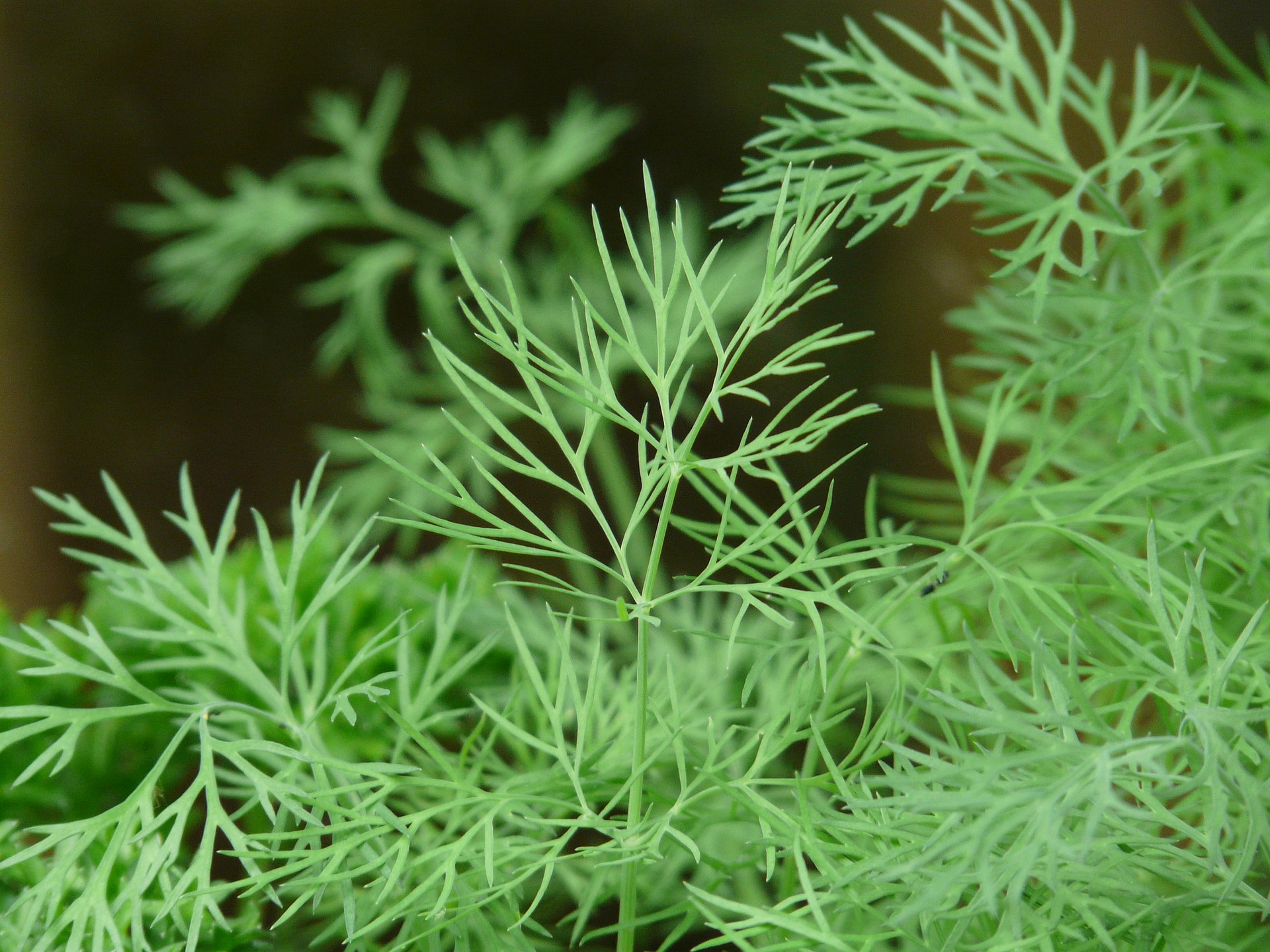
-Annual, start with seeds, full sun
-Dill can be used as treatment of all digestive distorders, so much so that its ability to ‘bring up wind’ was mentioned in Victorian songs. It is especially helpful for babies with digestion issues. It also improves health of hair and fingernails.

-Perennial, start with transplants, full sun, medium pots
-Lavender has many different varieties, all of which are valuable as a nerve tonic, treatment of fainting, headache, sunstroke, vomiting, hysteria, paralysis, general weekness or swelling of the limbs. It also is excellent for the skin, as used in body care products.
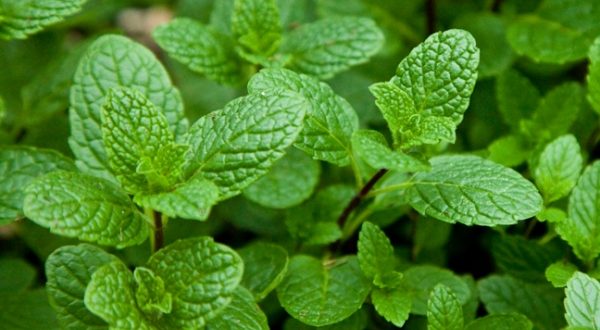
-Short lived perennial, start with plants, full sun to partial shade, small to medium pots
-Once used to “cure frigidity in both sexes”, it still is known to awaken sexual desire. It is more commonly used to help soothe all ailments that involve the stomach and digestive tract. It can be applied topically to help with headaches.

-Annual or perennial, start with plants, morning sun with light afternoon shade, small to medium pots
-Parsley has been proven to be useful in cancer prevention treatment. Beneficial for the urinary system and for kidney health, as well as being useful for anemics, female ailements and those who have diabetes, parsley also has a wide range of benefits when consumed either in food or made into a tea or tincture. For external use, it can be used to stimulate hair growth and soothe insect stings.
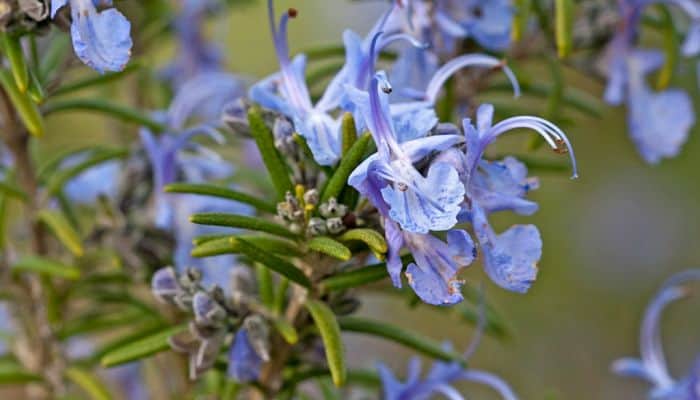
– Tender perennial, start with transplants, full sun, small to medium pots – has been known to survive a mild winter in NYC
-Rosemary is a treatment for all ailments of the heart, high blood pressure, all nervous ailments, all female ailments, impure blood, gastritis, torpid liver and obesity. Not to mention, it’s delicious.

-Perennial, start with plants, full sun
-See our article on the health benefits of roses that we published on the blog three weeks ago… be sure to pick a wild variety, such as Rosa rugosa!

-Perennial, start with transplants, full sun, small to medium pots
-Name from latin salvere meaning “to be well” or “to save”, sage is a staple of herbalism. Sage helps with heart health and fevers. For colds, sore throats, coughs, all fevers, digestive ailments, constipation, obesity, the benefits seem almost endless. For external use, sage helps to stop excessive bleeding on all wounds, sores and ulcers. Sage also can be used as an effective teeth cleanser and hair tonic (to stimulate growth and to remove dandruff).

-Annual or perennial depending on variety, seeds or transplants, sun varies depending on variety, follow instructions when purchasing your specific variety
-Beneficial to the body and used for blood, kidney and liver disorders, and for all fevers, as well as treatment of impure blood, boils and eczema. It’s extremely beneficial for livers and kidneys.

-Perennial, seeds or transplants, full sun, small to medium pots
-Thyme is an extremely valuable herb. It yields an essential oil, thymol, which is used as a disinfectant, dentifrice, and hair lotion. It is a powerful antiseptic and helps with all digestive issues. Treats hysteria, nightmares and headaches.
Sources:
“The Bountiful Container” by Rose McGee and Maggie Stuckey (the bible)
“Common Herbs for Natural Health” by Juliette De Bairacli Levy
http://www.nytimes.com/2009/06/18/garden/18qna
https://www.gardeningknowhow.com/edible/herbs/sorrel/sorrel-herb


